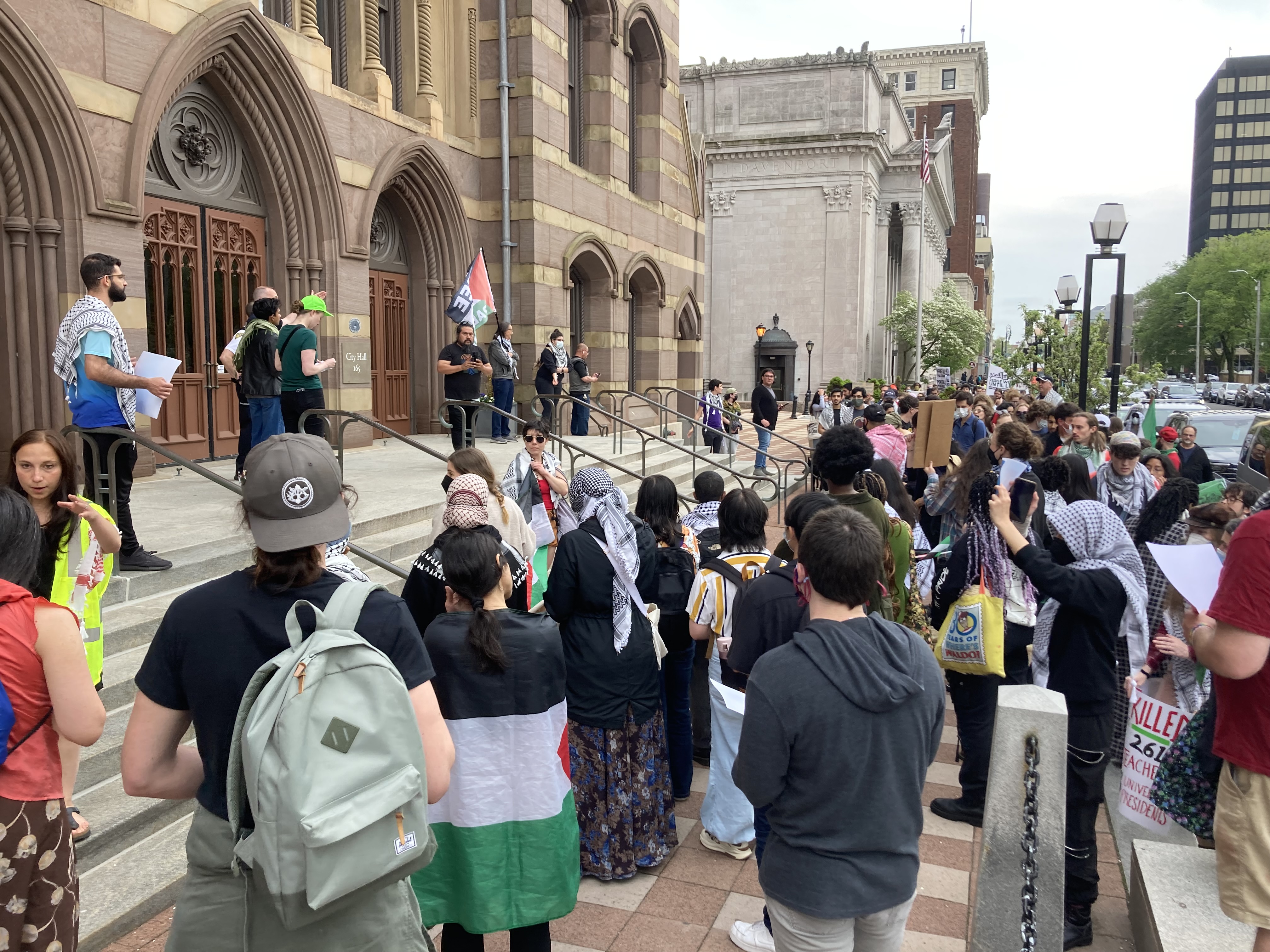Summer heat can severely slow down production no matter the job, even for cows.
“Over the span of summer, they tend to decrease, especially food intake, which decreases milk production,” said Breno Fragomeni, an assistant professor at UConn studying cow heat tolerance.
He says temperatures above 65 degrees can induce stress in cows, decreasing milk production by 5 to 10% in a day. Depending on the size of the herd, that can be thousands of pounds of milk.
“In our analysis, we are finding anything above 65 in a high humidity, would be potentially stress for them,” Fragomeni said.
Get Connecticut local news, weather forecasts and entertainment stories to your inbox. Sign up for NBC Connecticut newsletters.
There are ways to cool cows down like fans and shade, but when temperatures soar in the summer, those methods aren’t practical.
“It gets way too expensive if you want to cool down a farm in a day, it's 95 outside to be 65 inside, you can't do that,” Fragomeni said.
His research is looking to tackle the problem in a different way, through cow genetics.
Local
“My research tries to identify animals that are naturally resistant to high temperatures, instead of trying to modify the environment that much,” Fragomeni said.
Fragomeni adds that a single bull well-adjusted to heat can produce thousands of heat-resistant calves through artificial insemination. He said it’s common to already breed in favor of milk production, and his research is seeking to just add in genetics for heat tolerance.
"Their daughters are going to be still good milk producers, but also are going to deal well with high temperatures and not be stressed," he said.
A benefit in the face of a warming planet. Experts in the realm of climate change and food production say research like this is critical.
“Climate change is very real and it's impacting farmers. Farmers are always first to face the impacts of climate change,” said Shuresh Ghimire, an assistant extension educator at UConn.
He adds research into vegetables and crops is equally as important in the face of a changing climate. That means researching best vegetables for warmer temperatures and finding best agricultural practices to handle volatile weather and warmer temperatures.
“It is absolutely necessary to continue to work on research,” Ghimire said.
Fragomeni plans to continue his research as long as he is at UConn, and although it's slow, it could pay major dividends in decades to come.
“If you keep doing it, in a couple of generations you will have a good heard of heat tolerant high producing cows,” he said.



